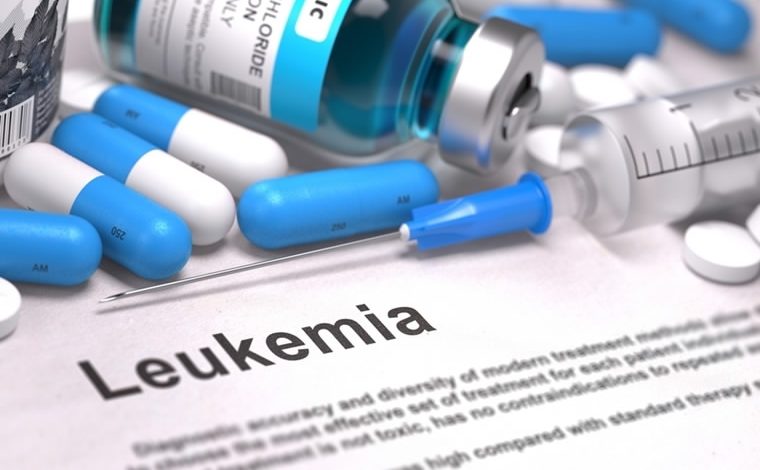FDA Imposes Clinical Hold on Leukemia Drug Trial Following Participant’s Death

Following the unfortunate incident involving a participant’s death, a Massachusetts-based pharmaceutical company found itself facing a significant setback in its phase 1 clinical trial for a promising leukemia drug candidate. The company had taken the responsible step of pausing the study back in June, but matters escalated when the U.S. Food and Drug Administration (FDA) intervened by imposing a clinical hold on the trial as of August 11th.
This trial holds particular significance as it represents the inaugural human testing of the DARIC T-cell platform, a cutting-edge approach to treating leukemia. Tragically, one of the trial participants had passed away after receiving the second dose level of the experimental treatment for acute myeloid leukemia. The company promptly initiated an internal investigation into the matter once the trial had been temporarily suspended. This investigation aimed to unravel the potential reasons behind the toxicity that led to the participant’s death.
In response to their findings, the company, named 2seventy Bio and based in Cambridge, Massachusetts, unveiled a series of revisions to their study protocol. These alterations were developed based on insights gleaned from the investigation, shedding light on the potential underlying causes of the observed toxicity. The hope is that these protocol changes will not only address the toxicity issue but also pave the way for the safe continuation of the clinical trial, referred to as the PLAT-08 study.
It’s worth noting that 2seventy Bio collaborated with Seattle Children’s Hospital, serving as the sponsor of the study. Together, the entities are actively collaborating to determine the precise root cause behind the participant’s unfortunate demise. With a focus on enhancing the safety and integrity of the trial, they are working towards amending the trial protocol in a manner that will prevent similar occurrences in the future.
Once these necessary protocol revisions have been thoroughly reviewed and validated, the trial sponsors are cautiously optimistic about resuming the study. While the setback is undeniably significant, the commitment to scientific rigor, patient safety, and the potential benefits of the DARIC T-cell platform remain steadfast. The hope is that by addressing the challenges posed by the adverse event, the trial can eventually proceed with the necessary precautions to ensure the wellbeing of all participants involved.





